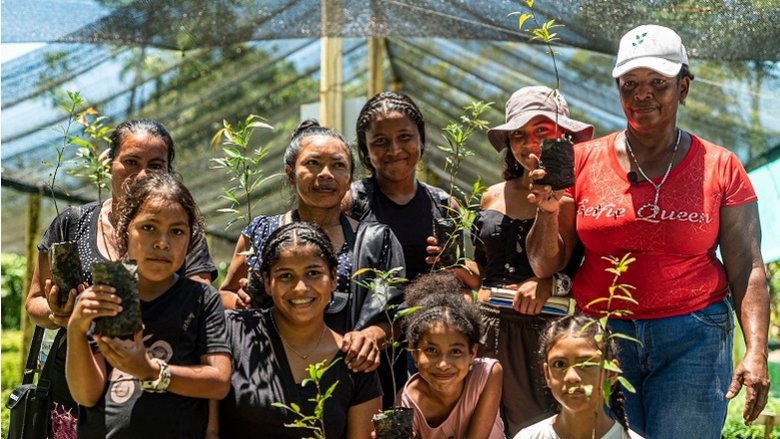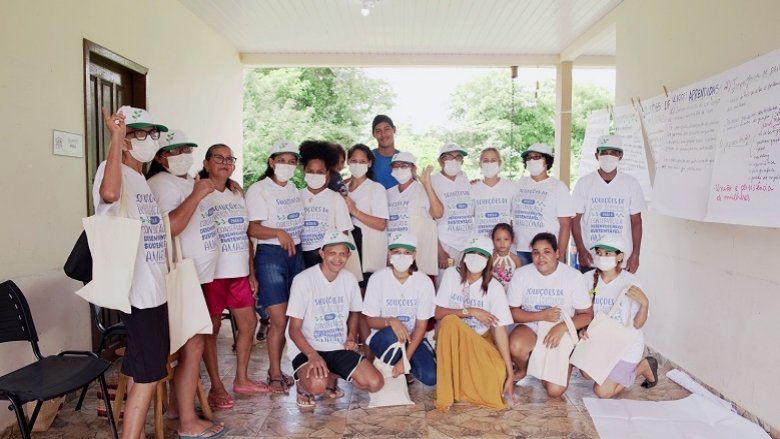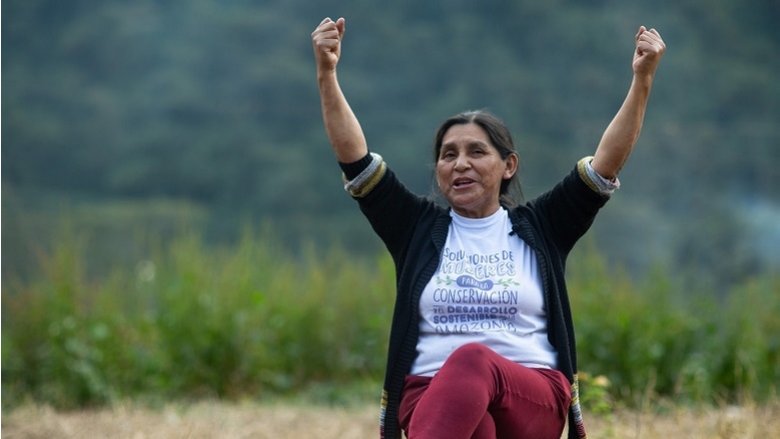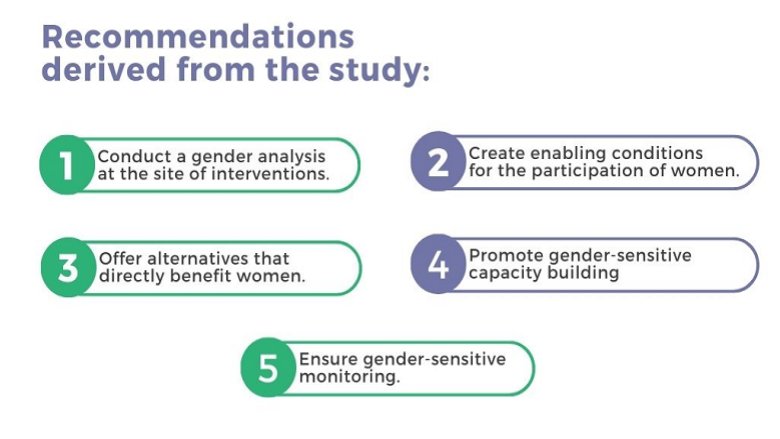Women play an important role as agents of change within their communities, making valuable contributions to the protection and care of the environment. They are also more likely to have a livelihood activity directly derived from natural resources or from sectors more vulnerable to climate change, such as agriculture and forestry.
This is also a reality in the Amazon, one of the most diverse places on the planet and home to 47 million people with multiple cultures, nationalities, perspectives, and realities. Amid this diversity, women and men, young people, and older adults, participate in different ways in decision-making regarding the management of natural resources, and have different levels of access and control over natural resources and derivative benefits. These differences —and common inequities— also generate inequalities in the vulnerability and resilience that women and men have in the face of environmental risks.
To analyze the gender gaps present in conservation and sustainable development initiatives in the region and identify solutions to address them, between 2020 and 2022 the Women's Solutions Study: Lessons for Conservation and Development was carried out. This a product of the Amazon Sustainable Landscapes (ASL) program, financed by the Global Environment Facility (GEF) and under the leadership of the World Bank. The study was conducted in partnership with the Center for International Forestry Research (CIFOR), identifying the enabling conditions, lessons and strategies that can lead to effective reduction of gender gaps in terms of participation in decision-making, access and control over natural resources, and over socioeconomic benefits.




